Meta Emerges Victorious in FTC Monopoly Trial, Redefining the Social Media Landscape
In a landmark ruling, US District Judge James Boasberg has dealt a significant blow to the Federal Trade Commission's (FTC) claims of Meta's monopoly in the personal social networking market. The decision, handed down on Tuesday, marks a major victory for the tech giant, which has been embroiled in a long-standing battle with the FTC over its acquisitions of Instagram and WhatsApp.
According to the ruling, Meta's dominance in the personal social networking market, which was previously seen as a key battleground in the social media wars, is no longer a valid concern. Boasberg's decision effectively dismisses the FTC's argument that Meta's alleged monopoly has stifled competition, citing the company's ability to compete with a broader range of rival apps, including TikTok and YouTube.
The financial implications of this ruling are significant. Meta's stock price surged in response to the news, with shares rising by 5% in after-hours trading. The company's market capitalization now stands at over $850 billion, making it one of the largest publicly traded companies in the world.
In terms of metrics, Meta's social media platforms, including Facebook, Instagram, and WhatsApp, boast an impressive 3.7 billion monthly active users. The company's advertising revenue, which accounts for the majority of its revenue, has grown steadily over the past year, reaching $84 billion in 2022.
The market impact of this ruling is multifaceted. On one hand, it validates Meta's strategy of diversifying its offerings and expanding into new areas, such as e-commerce and online payments. On the other hand, it raises concerns about the company's continued dominance in the social media landscape and the potential for further consolidation in the industry.
Meta's history dates back to 2004, when Mark Zuckerberg founded Facebook in his Harvard dorm room. The company's early success was fueled by its innovative approach to social networking, which allowed users to connect with friends and share content in a way that was previously unimaginable. Over the years, Meta has expanded its offerings through a series of strategic acquisitions, including Instagram and WhatsApp.
The future outlook for Meta is bright, with the company poised to continue its dominance in the social media landscape. However, the ruling also raises questions about the long-term sustainability of the company's business model and the potential for regulatory scrutiny in the years to come.
As Judge Boasberg noted in his ruling, "the days of grouping apps into separate markets of social networking and social media are over." This shift in perspective reflects a broader recognition of the evolving nature of social media and the need for companies like Meta to adapt to changing consumer behaviors and preferences.
In the end, Meta's victory in the FTC monopoly trial marks a significant turning point in the company's history, one that will have far-reaching implications for the social media landscape and the tech industry as a whole.
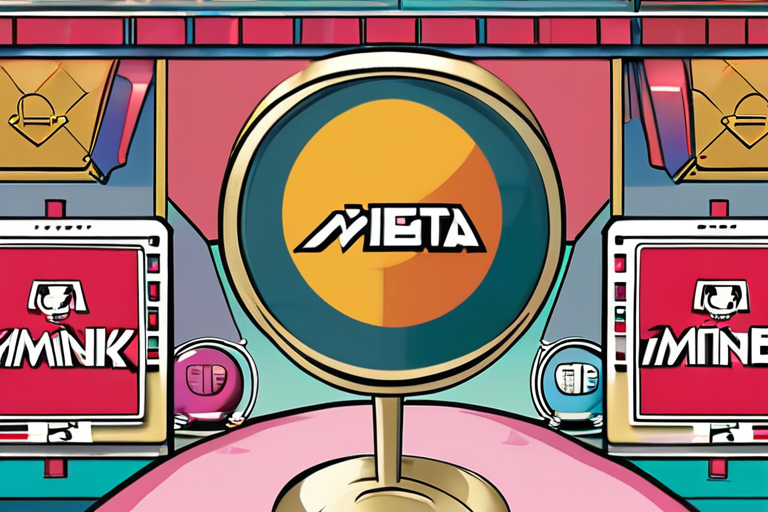


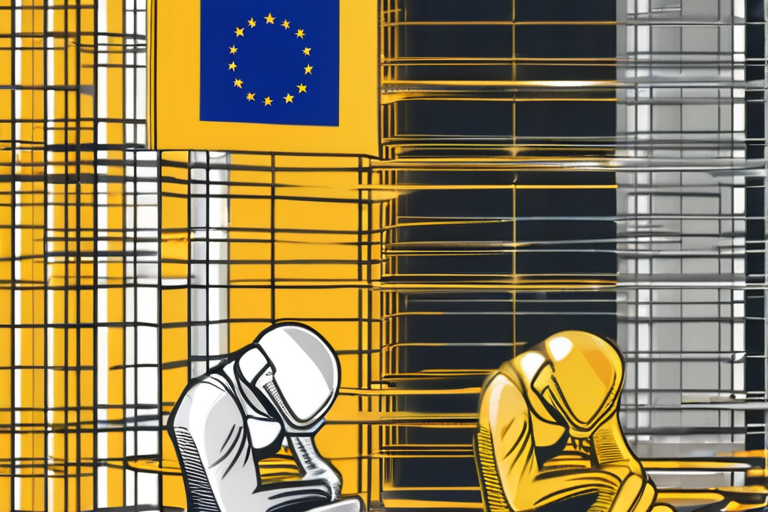












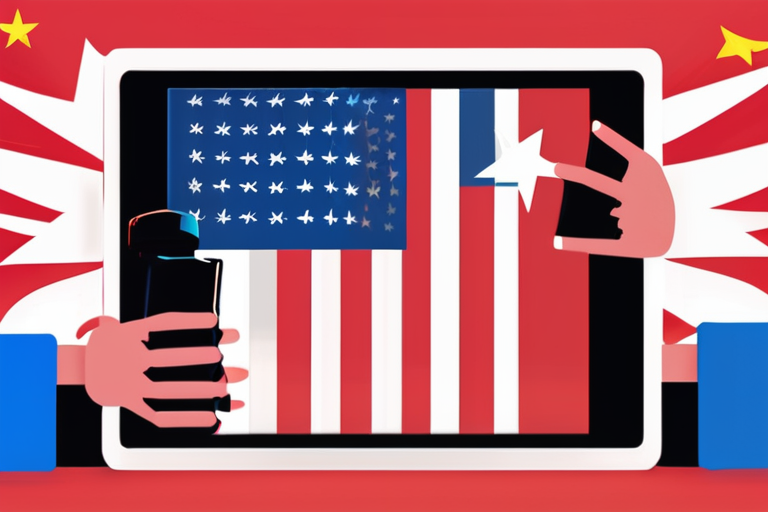
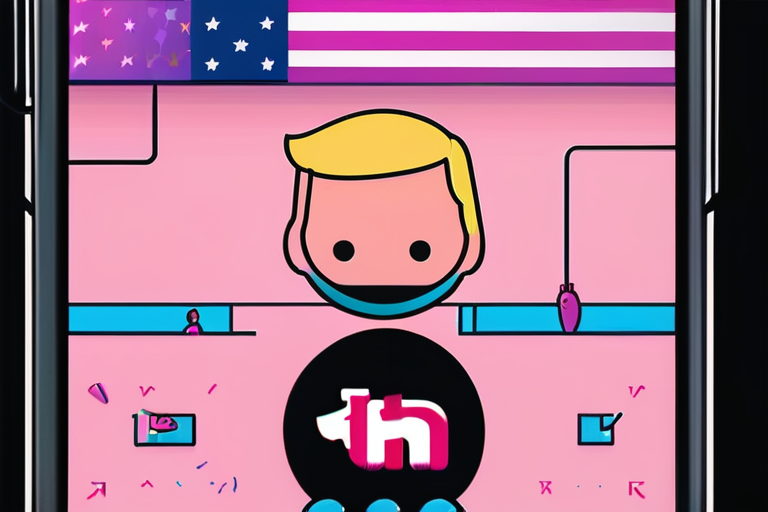




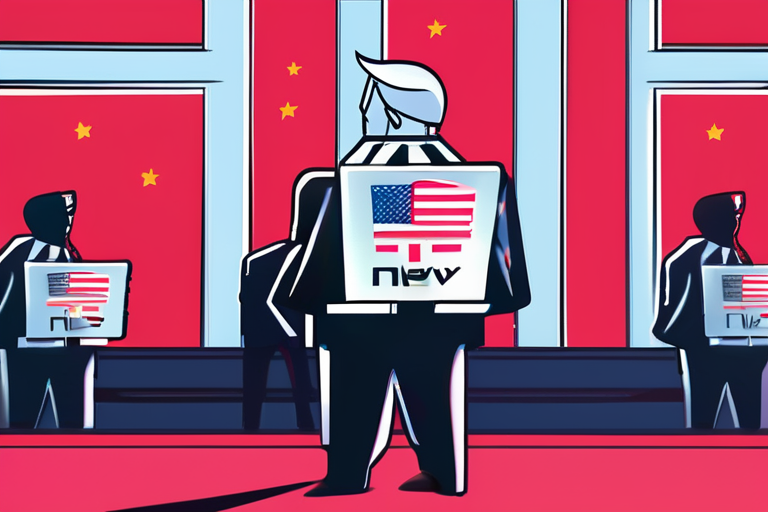


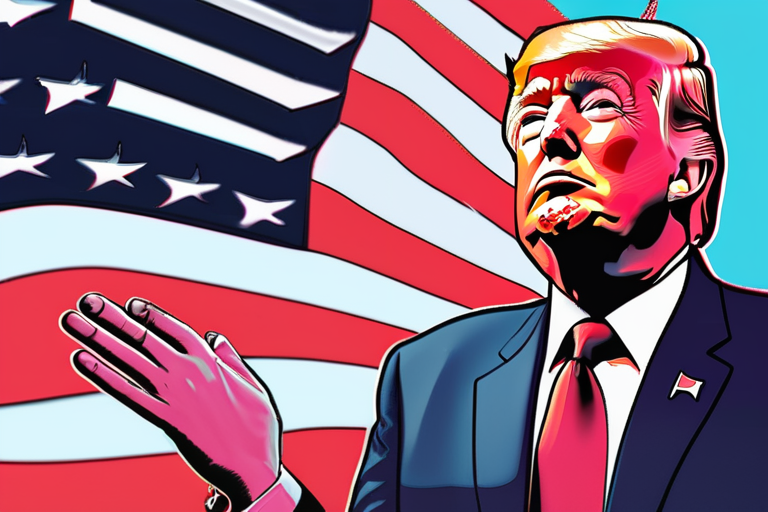
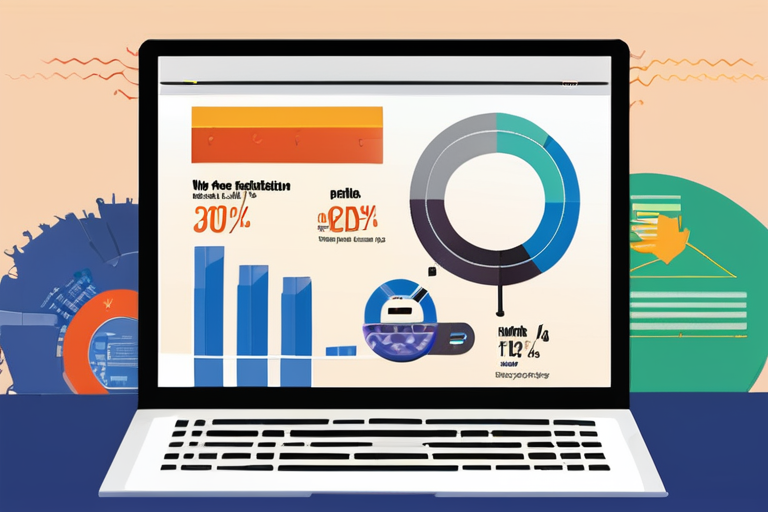
Share & Engage Share
Share this article